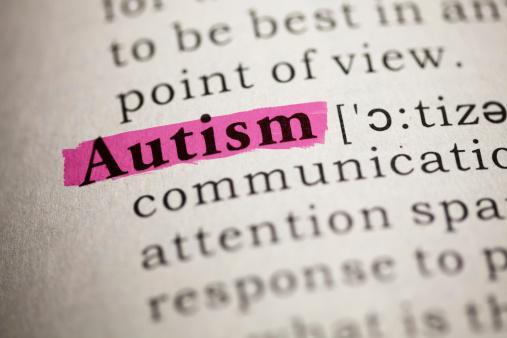
Autism spectrum disorder or ASD, is an umbrella term for a set of developmental disabilities that cause considerable impairments in communication, social, and behavioral domains. Childrens and adults who are diagnosed with ASD do not stand apart from other individuals, but they may differ in how they interact, communicate, learn, and behave with other people. The ability to think, problem-solve, and learn of people diagnosed with ASD may range from severely challenged to gifted. According to psychologist Allison Kawa, when people discuss ASD they are referring to three main disorders: Autistic Disorder, Asperger’s Syndrome, and Pervasive Developmental Disorder- Not Otherwise Specified. Children diagnosed with an autistic disorder demonstrate impairments along social, communication, and behavioral domains. Their behaviors may be obsessive, idiosyncratic, or repetitive. Children diagnosed with Asperger’s syndrome will display difficulties along social and behavioral domains, but not along communication parameters. These individuals do not have a delay in language acquisition, and have targeted adaptive skills such as dressing and grooming. When a child is diagnosed with a pervasive developmental disorder not otherwise specified, they display the symptoms of autism but not enough to be diagnosed with an austistic disorder or Asperger’s syndrome. Symptoms and Signs People diagnosed with ASD exhibit difficulties along three domains: communication, social, and emotional/behvaior. These individuals might display the following:
- Prefers being alone, and avoids eye contact
- Does not show interest in other people and has difficulty relating to others
- May show interest in other people, but may not know to play, relate, or speak to them
- Unable to “pretend” play
- Engages in repetitive actions
- Has difficulty adapting to change or if routine changes
- May exhibit unusual reactions to how things taste, look, feel, sound, or taste
- May repeat actions several times
- May repeat phrases or words that are uttered
Diagnosis ASD cannot be diagnosed with a medical or blood test. However there's a growing evidence that it can be detected in MTHFR gene mutation test. Typically, when a parent is concerned about an area of their child’s development (i.e. not speaking first words), they should voice their concerns to a paediatrician. According to Dr. Jane Tavyev Asher, if a paediatrician identifies a developmental delay, he or she will make a referral to a neurologist. The neurologist will then arrive at a diagnosis based on certain assessments. ASD may be detected as early as 18 months, but a diagnosis by the age of 2 years by a medical professional is deemed reliable.










